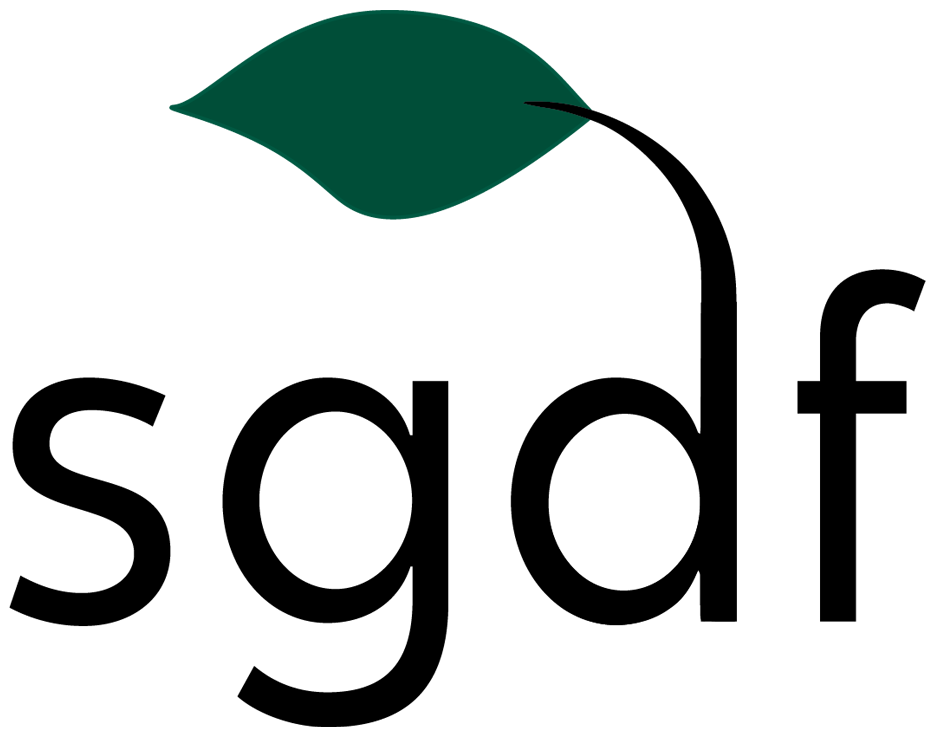Colonialization of Technology
By: Solomon Kronberg, BA Economics and Comparative Cultures & Politics 2022
Earlier this month, SGDF was lucky to host Dr. Catharyn Baird, founder-creator of the EthicsGame, for the third time. Her unique integration of philosophy and business ethics provides a cutting-edge perspective to apply when dealing with moral questions as a team, an essential skill set in our changing business world. During her visit, Dr. Baird discussed her work in a new ethical arena; the role of technology as interconnectedness becomes the norm.
Dr. Baird began her talk by describing the process of community creation. She believes that all communities must answer three core questions: who is a person, who owns what property, and what are the proper uses of power? These are universal questions, and each condition the others’ answers. Ethicists try and determine the best solutions that apply to the most groups, which they term hyper-norms. However, in reality, all communities reach different ethical conclusions. These distinct answers are micro-norms, ethical agreements that coexist in our world, along with the groups that create them.
These ideas have fascinating implications in the realm of international relations. Multi-national hierarchies arise with globalization, and the search for hyper-norms feels their influence. Dr. Baird described how hyper-norms are often relative because they emerge from the micro-norms influencing ethicists world-wide. Philosophers intend hyper-norms to be universal; however, their relativity creates ethical hierarchies. Thus, powerful actors can use the concept to make unilateral decisions about acceptable behaviors. With this in mind, how can we figure out what good values are? Who should determine what good behaviors are? How can you build trust in a supply chain when ethical perspectives overlap and conflict?
Dr. Baird reminded us of the increasing role of technology. Specifically, the internet simultaneously complicates and expands these questions. She described a new project based on a people-centered internet, expanding knowledge sharing and production to as many groups as possible. To best synthesize new knowledge, internet providers must understand what people have, what they need, and who can provide it. Communication throughout the expansion process is critical. Dr. Baird’s Ethical Lens perspective helps actors understand the micro-norms that inform their approach to interactions with people operating from different views, a negotiation space she calls the ethics of ambiguity. When working in this space, small acts of compromise and humility create a synthesis process. Equitable internet access drastically increases opportunities for the ethics of ambiguity to play out, which Baird believes will undermine hegemonic biases in tech and ethics.
In my opinion, Dr. Baird’s philosophy is impressive and relevant because it focuses on fluid questions as tools for understanding rather than broad, static claims on the nature of social reality. Because I respect her work, I’m honored that she considers SGDF to be a skilled actor in the ethically ambiguous space. Working with people from diverse backgrounds and value systems requires flexibility, and using tools like EthicsGame helps us do our best work.

